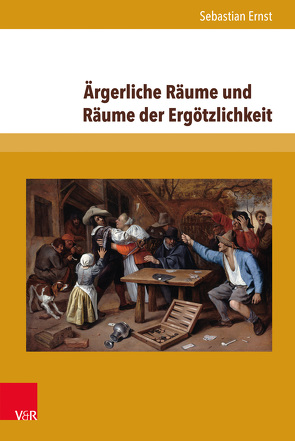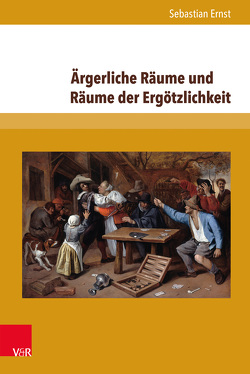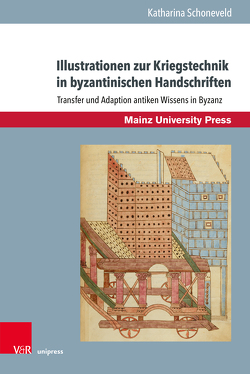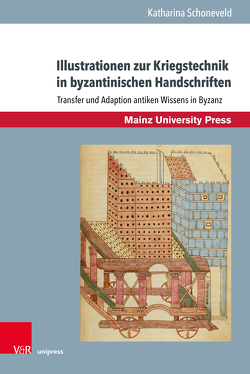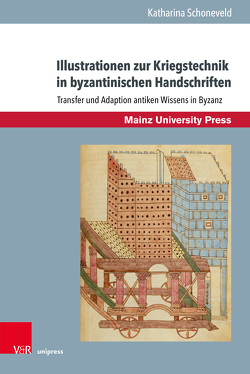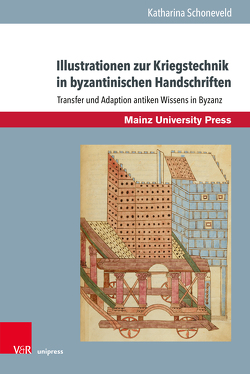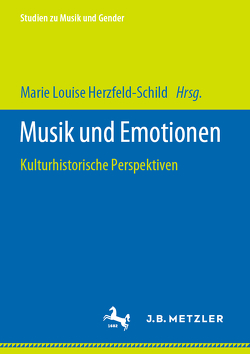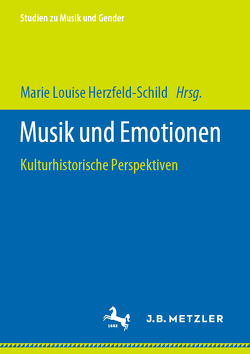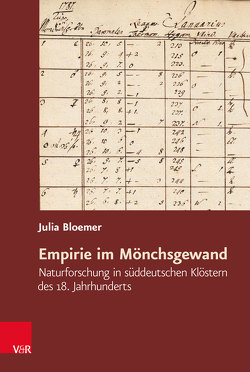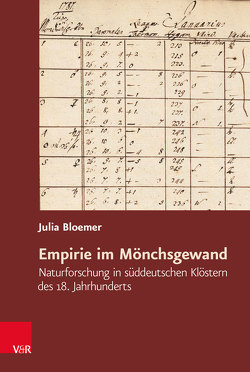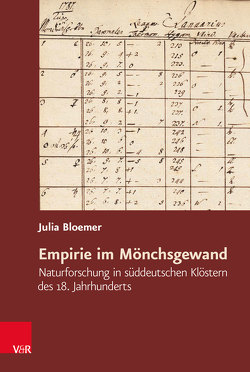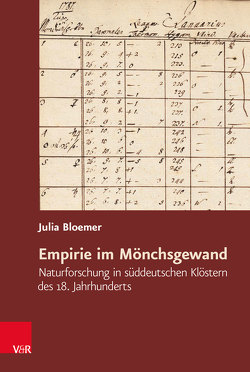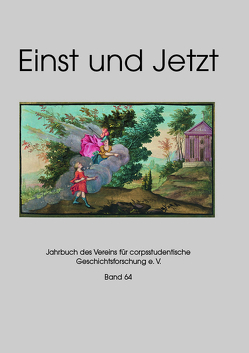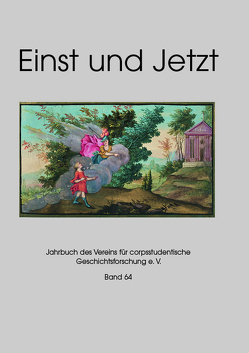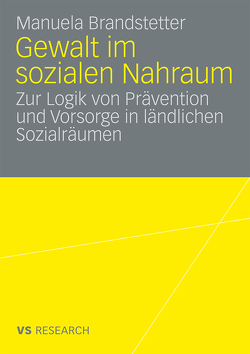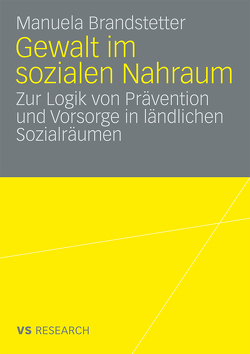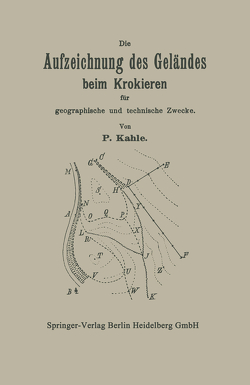Ärgerliche Räume und Räume der Ergötzlichkeit
Emotionale Topografien in der Frühen Neuzeit
Sebastian Ernst
Ärgerliche Wirtshäuser, ergötzliche Häfen, empfindsame Kerker: Räume und Emotionen bilden emotionale Topografien, mit deren Hilfe sich die Akteure die Welt als Lebenswelt ordnen und aneignen. Der Autor untersucht den Zusammenhang zwischen Bewegung in frühneuzeitlichen Räumen und der emotionalen Bewegtheit der Akteure. Er kommt zu dem Schluss, dass Emotionen und Räume dabei nicht nur passiv erlebt, sondern aktiv vollzogen werden. Denn es handelt sich bei beiden um wechselseitig verbundene Handlungsanweisungen, die in Regeln, Topoi und Vorstellungen münden. Die sich ergebenden Verflechtungen nehmen verschiedene Formen an, die in kulturell, sozial und individuell bedingten emotionalen Topografien kulminieren, also in Anordnungen von Räumen und zugehörigen Emotionen. In dieser Struktur liegen somit Erklärungen für das Verhalten der Akteure verborgen. From the joyfull harbor to the annoying pub and into the sentimental prison. To operate in these early modern spaces demands concurrently an emotional operation of the actors. Emotions and spaces are not only passively perceived but actively implemented. Both entities are reciprocally interconnected handling instructions which are transformed into rules, topoi and concepts. The resulting interconnections assume various forms that culminate in culturally, socially and individually related emotional topographies. The culmination climaxes in formation of spaces and their respective emotions. With these interconnections actors are enabled to construct, deploy and assume the world as their own lifeworld. This structure reveals explanations for the behavior of the actors.
